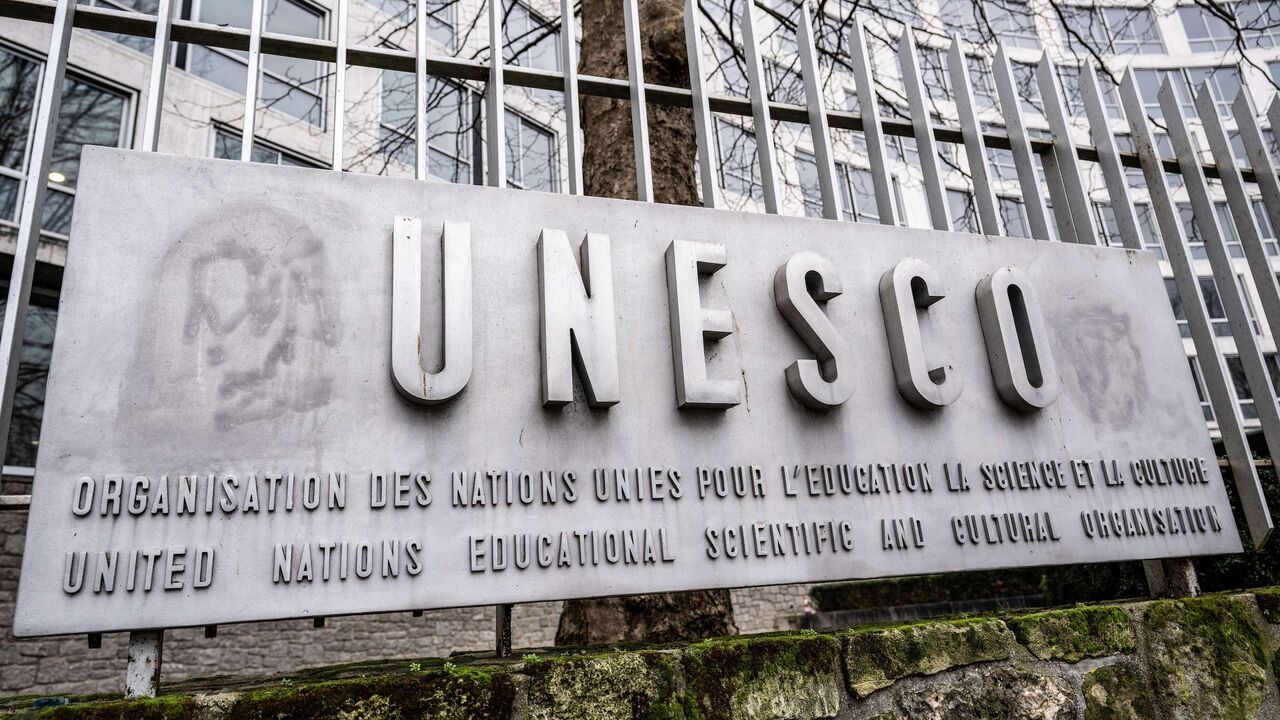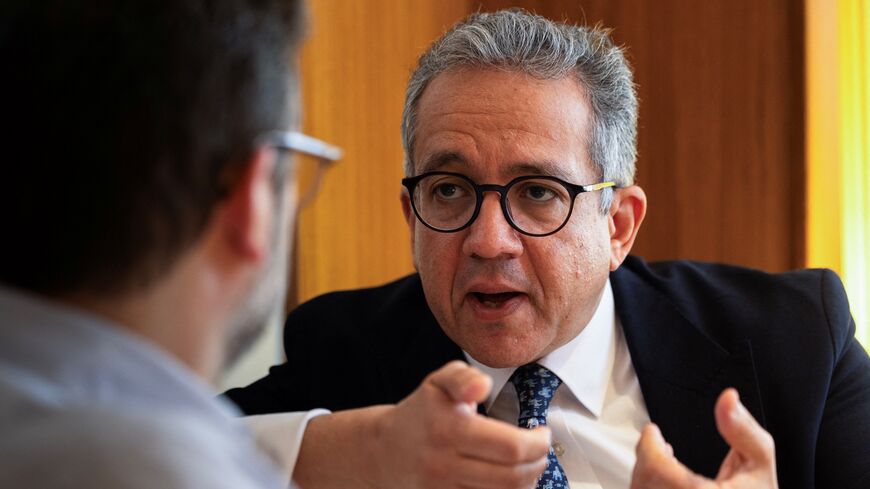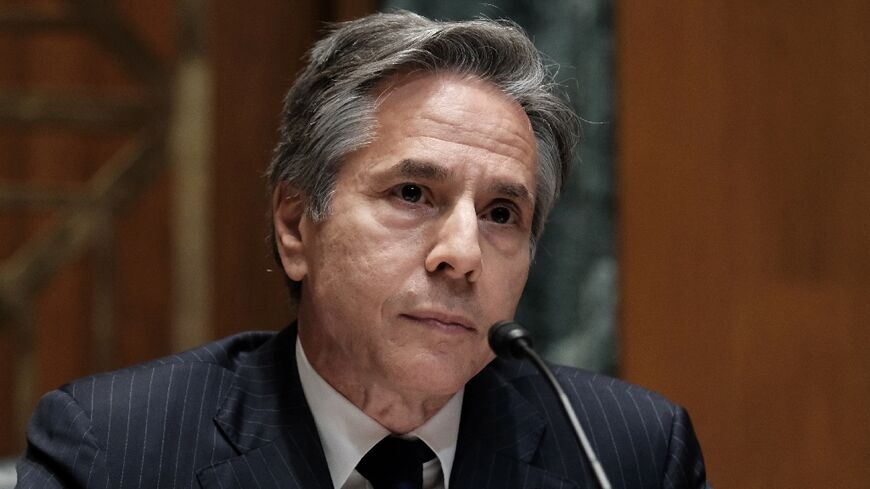US to withdraw from UNESCO over 'anti-Israel rhetoric'
The State Department slammed the UN organization's “globalist, ideological agenda."

WASHINGTON — The Trump administration said Tuesday it will withdraw the United States from the United Nations’ educational, science and cultural organization, citing its inclusion of Palestine as a member state.
“Continued involvement in UNESCO is not in the national interest of the United States,” State Department spokesperson Tammy Bruce said in a statement, describing the organization as having a “globalist, ideological agenda” at odds with the administration’s “America First” foreign policy.
The Paris-based organization the United States co-founded after World War II is best known for its designations of World Heritage sites from the Taj Mahal to Machu Picchu.
It’s the latest international body to lose US support under President Donald Trump following earlier executive orders pulling the United States from the World Health Organization and the UN Human Rights Council.
The Trump administration also extended a ban on funding the UN agency for Palestinian refugees, or UNRWA, and this month imposed sanctions on Francesca Albanese, UN special rapporteur for the occupied Palestinian territories.
Bruce described UNESCO’s 2011 vote to admit the “State of Palestine” as a member state as a “highly problematic” move that “contributed to the proliferation of anti-Israel rhetoric within the organization.” The United States under Republican and Democratic administrations has opposed the Palestinian push for recognition at the United Nations, with the Biden administration using its Security Council veto to block Palestine’s request for full membership in April 2024.
Israeli Foreign Minister Gideon Saar welcomed the US move to quit UNESCO as “a necessary step,” writing in an X post Tuesday that the “singling out [of] Israel and politicization by member states must end.”
UNESCO Director-General Audrey Azoulay said the US withdrawal from the organization “contradicts the fundamental principles of multilateralism” and its claims of anti-Israel bias “contradict the reality of UNESCO's efforts, particularly in the field of Holocaust education and the fight against antisemitism.”
In a statement, she highlighted UNESCO’s work across 85 countries educating students about the Holocaust and genocides.
“UNESCO will continue to carry out these missions, despite inevitably reduced resources,” Azoulay said.
The Trump administration withdrew from UNESCO in 2017, citing resolutions on religious sites in Jerusalem and the West Bank it said were biased against Israel as well as a decision to label Hebron in the Israeli-occupied West Bank as a Palestinian site.
The Biden administration formally rejoined the agency in 2023, citing China’s growing influence as one of the agency’s largest donors.
The United States will remain a full member of UNESCO until its withdrawal takes effect on Dec. 31, 2026.
Azoulay said that UNESCO had prepared for the announcement by diversifying its funding sources in recent years so that the US contribution represents 8% of the organization's total budget compared to 40% for some UN entities. UNESCO is not considering any layoffs at this time, Azoulay said.
In 1984, the Reagan administration withdrew the United States from UNESCO over spending concerns and what it saw as efforts by the organization to promote Soviet interests. The US rejoined under President George W. Bush in 2002.
This developing story has been updated since initial publication. Rina Bassist contributed to this report.





